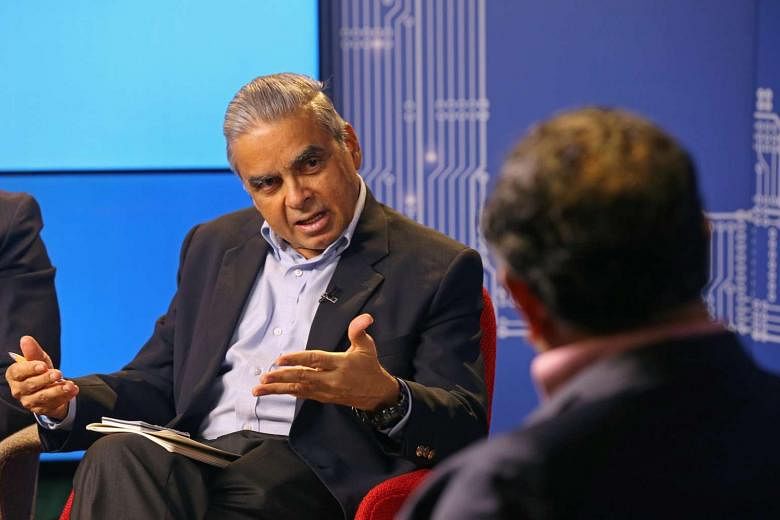KISHORE MAHBUBANI: The best universities remain primarily in America and certainly Europe. But in terms of providing access to higher education, Asia is doing it. In 1990, roughly 3 per cent of each cohort in China had higher education, now it's 30 per cent.
So the pool of trained manpower that Asia is producing is growing by leaps and bounds. And if you take Malaysia, all kinds of private universities are surfacing and educating people, and the good thing about these private universities is that they have to be very market-sensitive. They know what kind of graduates the markets want and they're producing them.
It's quite clear that the established models of education have to change and adapt to the new environment. But my sense is that the Asian universities are adapting and changing and I think basically managing to deliver the manpower that is needed in the region.
LUTFEY SIDDIQI: The skill that we need the most now is the ability to unlearn and relearn, the ability to fail, the ability to be entrepreneurial. There needs to be a greater emphasis on the sensitivity to the market, being able to nimbly move from one discipline to the other. I moved from Singapore to London just over a year ago and my 17-year-old son was a superstar in school because Singapore maths has trained students for amazing things.
So in terms of the hard skills, mathematics and so on, the education system, particularly here in Singapore, is well recognised, well appreciated, but it's also the softer skills, the EQ (emotional quotient) elements. So the skill of constructive conflict, skills of that kind are the ones that are most important.
In terms of sectors, it's important to realise that it's not just choosing what those sectors would be, such as aerospace. You should choose the ability to be open to serendipity.
Q. I was chatting with the head of AmCham (the American Chamber of Commerce) recently and Asean does very well on a whole range of scores, but one point on which Asean, particularly Singapore, doesn't score too well in is innovation. What is lacking in the talent that we offer you?
JOHAN DE VILLIERS: When it comes to hard skills, we have no problem finding good talent, some of the best in the world in Asean. When it comes to the digital side of things, it's much harder. What we need is people who know how to continue to learn right through their career - technical knowledge doubles every two years.
We are seeing a massive growth in renewables at the moment - battery storage, that kind of technology, while oil and gas are going dramatically down. I've got to be able to shift people from one industry to another within the space of 12 months.
TAN SOON KIM: I think we need to teach kids to be less textbook smart and more street smart. I think one way to do that would be to expose them to the world, send them overseas. The business environment in Singapore is very structured, very systematic. When you go overseas it's an entirely different story.
LS: Quality is a big issue. The more numbers you have graduating, the more responsibility you have to have them be quality grads, otherwise you're just going to increase the unemployment numbers. So we really have to think about quality. And again multinationals are the best at sniffing that out. They know how many engineering grads there are in China every year, but they also know that only 1 per cent of them are the ones they actually want. What happens to the other 99 per cent?
The other (issue) is relevance. What I like seeing is that the Singaporean polytechnics are constantly updating their curriculum. They are saying: We need cyberhackers and coders in this area, we need game design, interface design. Constantly updating is part of this lifelong learning that begins in your teenage years. And then there's the government effort to say midway through your career or in your 30s, in your 40s, you go back and learn.

